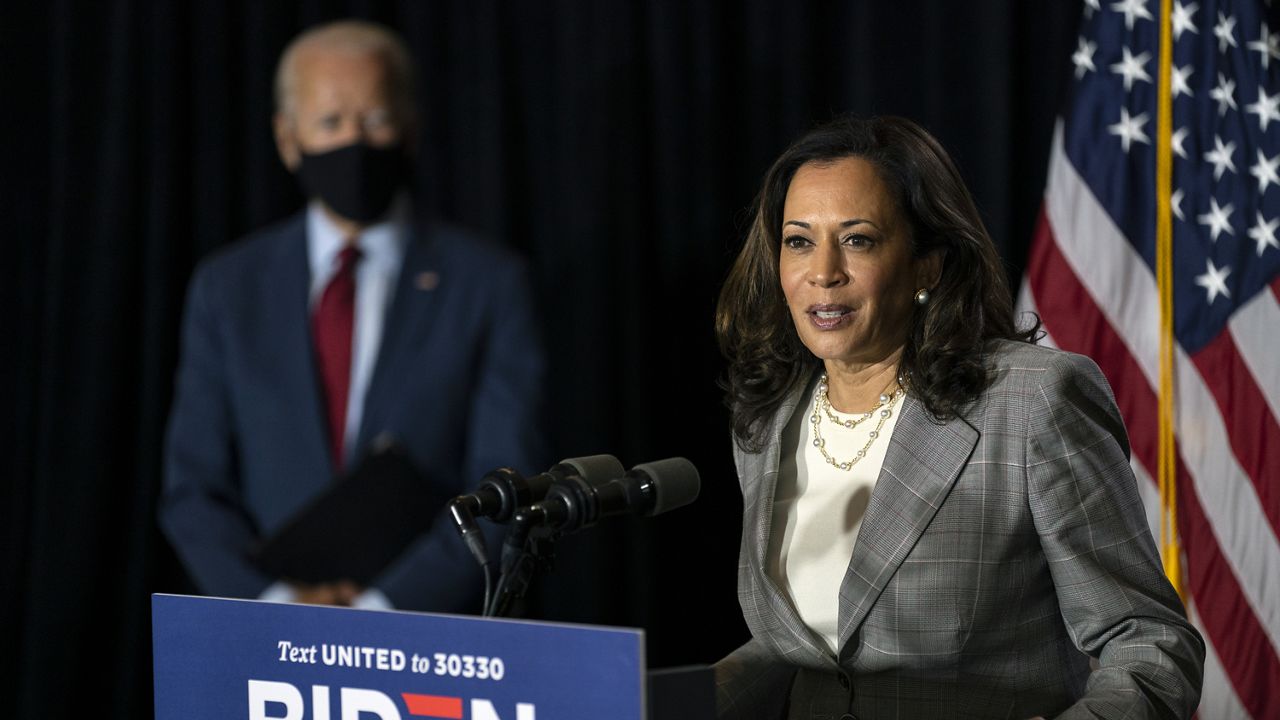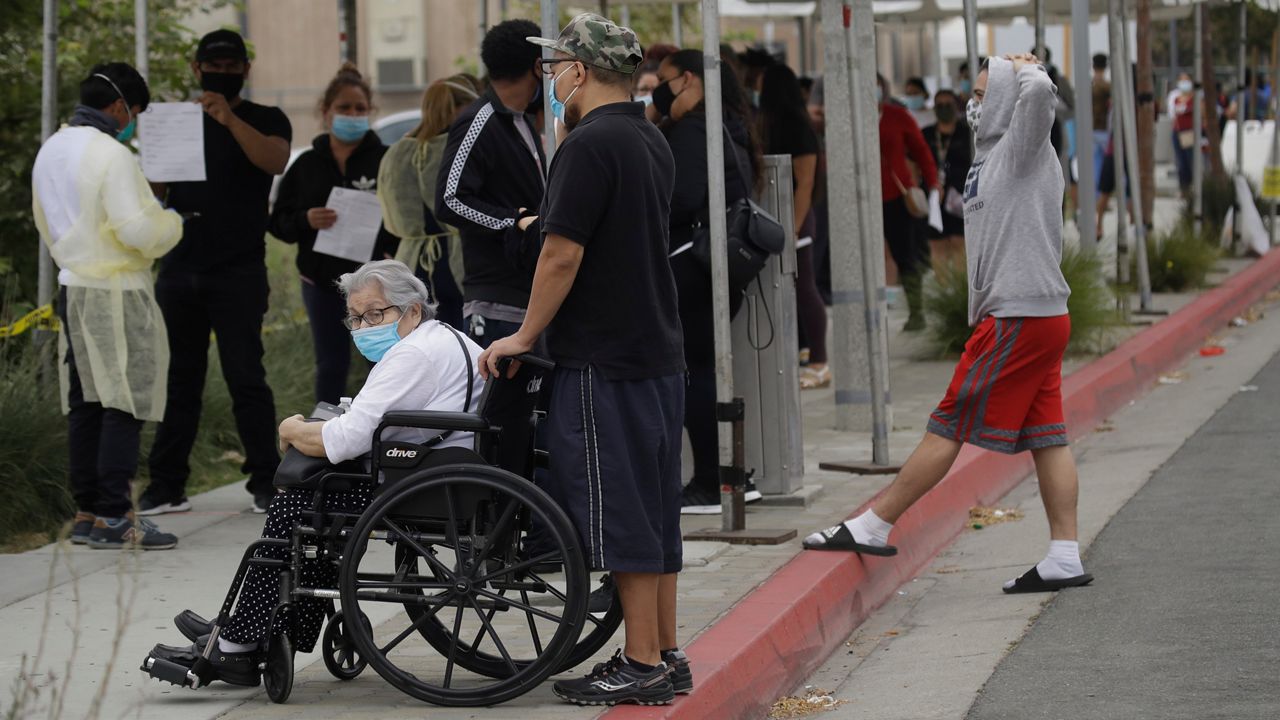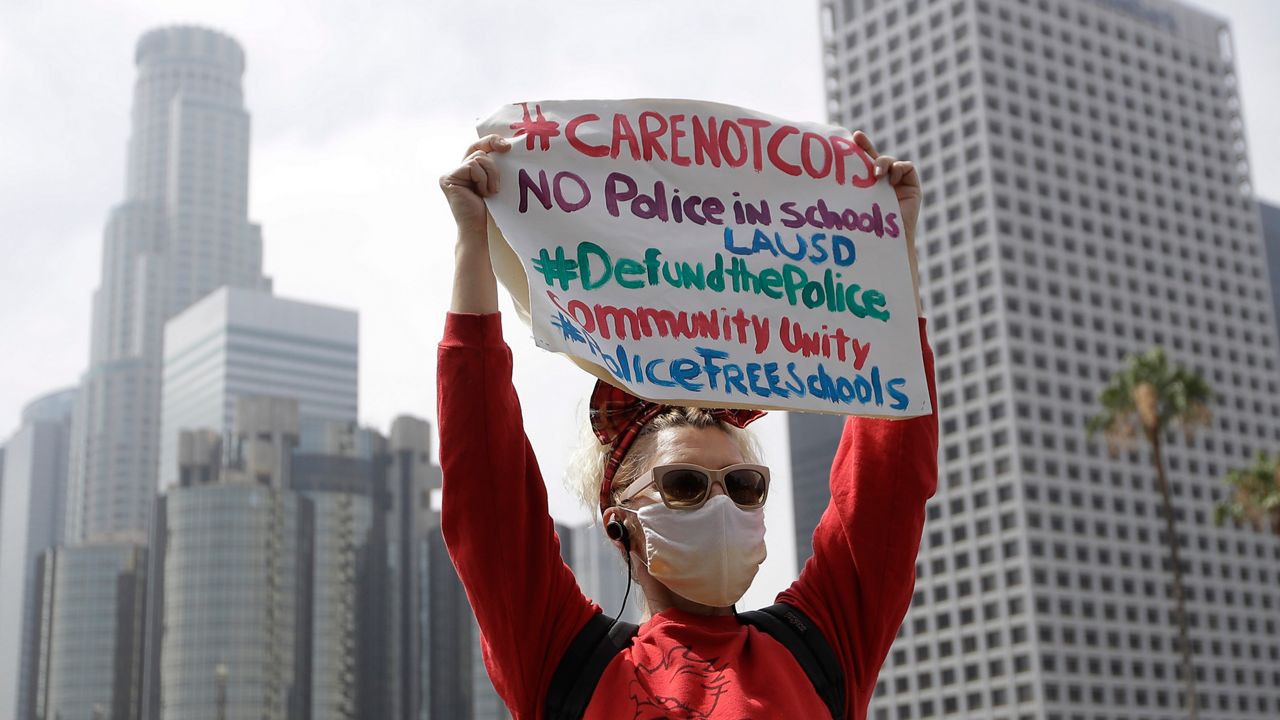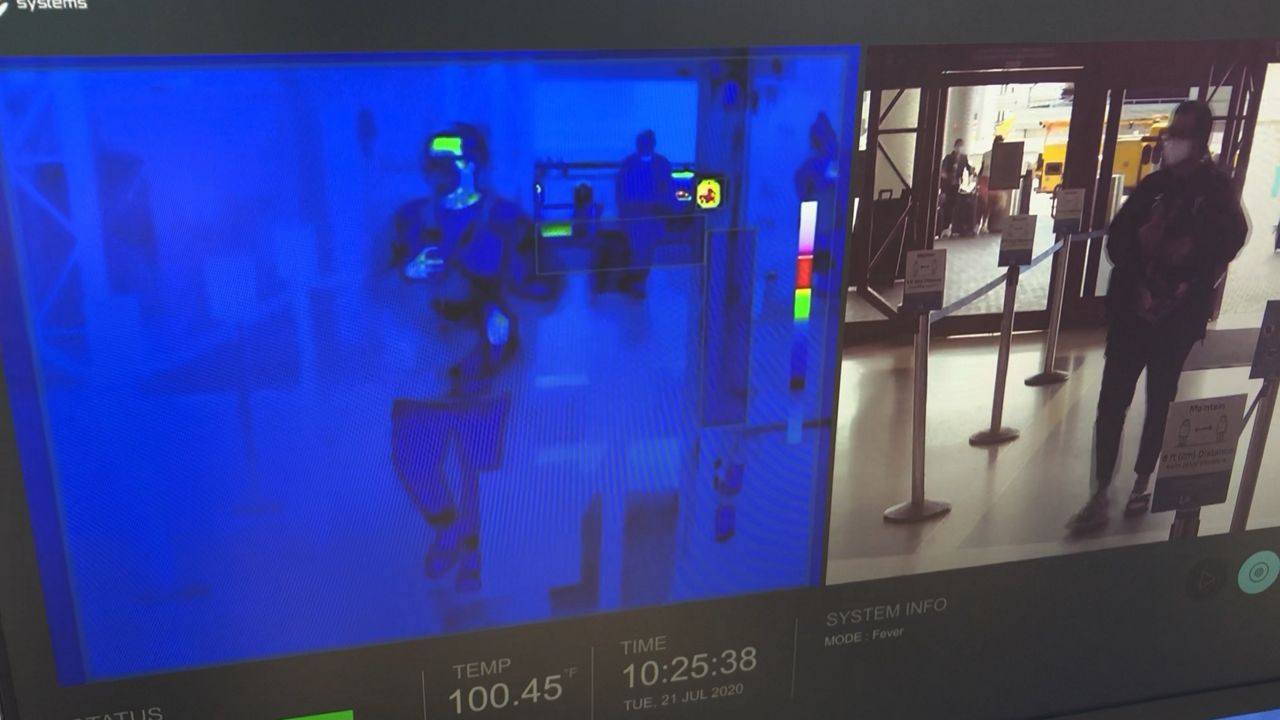CORE (Community Organized Relief Effort) is operating free COVID-19 testing sites across the U.S. One of them is at Dodger Stadium.
Dodger Stadium has the capacity to test 6,000 people a day. There are approximately 100 CORE and Los Angeles Fire Department (LAFD) volunteers who work there.
“The fire department, of course being so far advanced in this testing game, decided to do these larger screens and also radio into people's cars so that we can limit the amount of bodies that are actually on there to manage and to kind of automate it as much as possible,” said Ann Lee, CEO of CORE.
Smaller sites have between 25 and 35 volunteers who test 1,500 people per day. Lee said it's our civic duty as citizens to take the current health crisis seriously and get tested for COVID-19.
“Dodgers has been such an iconic place and a symbol of the city, so it’s fitting and it feels really good to be there.”“Dodgers has been such an iconic place and a symbol of the city, so it’s fitting and it feels really good to be there.”
“This is the only way for us to see us going back to any semblance of normalcy. [It’s the] feeling of we can figure this out, we are Americans, we have seen worse, we can get out of this… but we need to start thinking civic-mindedly about how we can look at the testing, wearing masks, and the social distancing as a prideful, American thing to do,” Lee said.
CORE responded to the COVID-19 pandemic by quickly establishing testing sites.
“We identified a niche, and you know nobody knew what to do with COVID, nobody knew what to do with testing, but that is very similar to a lot of the disasters that we respond to,” Lee said. “Sometimes you don't have the tools. These things that happen in other countries and other disasters, some of them are predictable like the hurricanes and things, but a lot of times, they're not, like the cholera outbreak that happened after the earthquake. Being able to kind of adapt and quickly move into these gaps is something that we're very comfortable with.”
Lee said responding to COVID-19 is different from other disasters because it’s a disease that has impacted people worldwide.
“Us responders, we are also the ones that are experiencing this as well. So we're constantly worried about our family members and the people that we love to make sure they're safe as well. The majority of disasters we respond to, we’re supporting other communities and the affected population, so we’re kind of divorced from that. Here it is not just supporting the communities that are affected, but also our own families and our own communities.”
Those who are essential workers are advised to get tested for COVID-19 frequently.
“For those who have less opportunities to be able to stay home and socially distance... we’re sort of the front-line workers, the essential workers of our grocery stores and our basic services that are needed for a city and an economy to function, they need to be tested on a much more regular basis than some of us who can stay home and work,” Lee said.
Volunteers at Dodger Stadium try to remain upbeat and engaged.
“They are so inspiring,” Lee said. “Every day it’s just a sense of positivity, and we are doing a service for not just our community, but the country, because we are really spearheading this testing regime. So for us seeing these young folk that are leading this and leading these sites has been really inspiring.”
Follow Charlotte Scott on Twitter.











